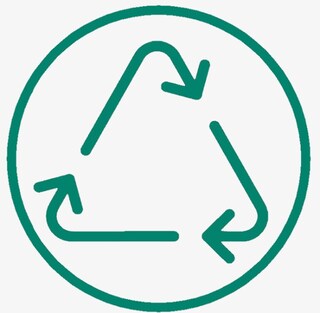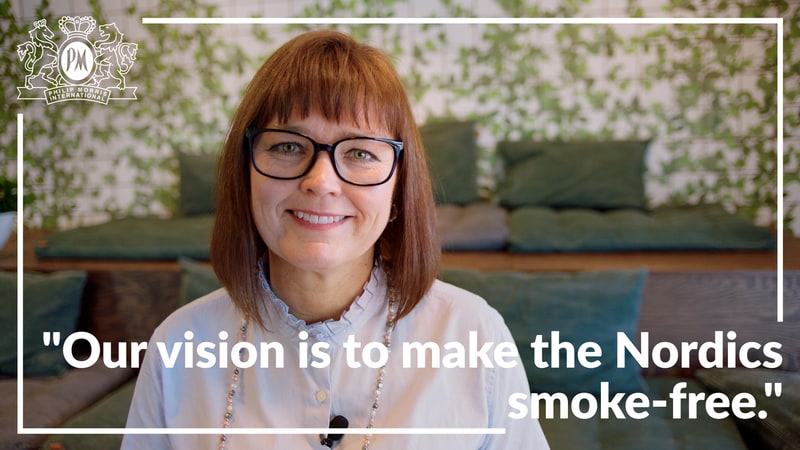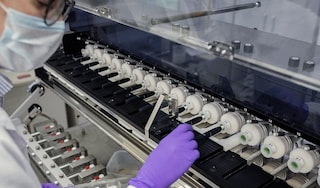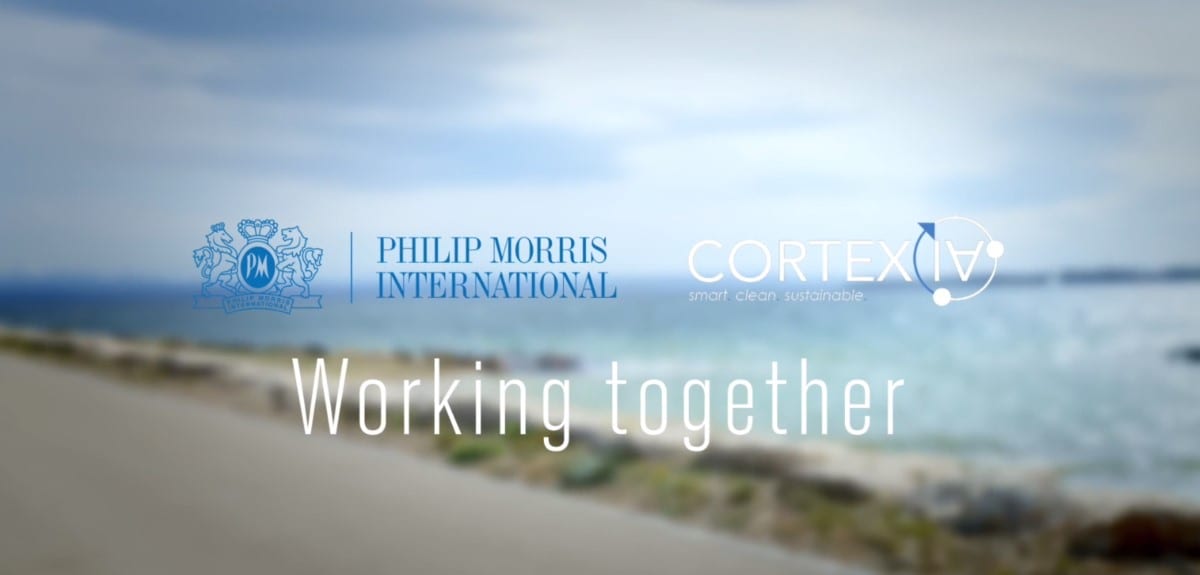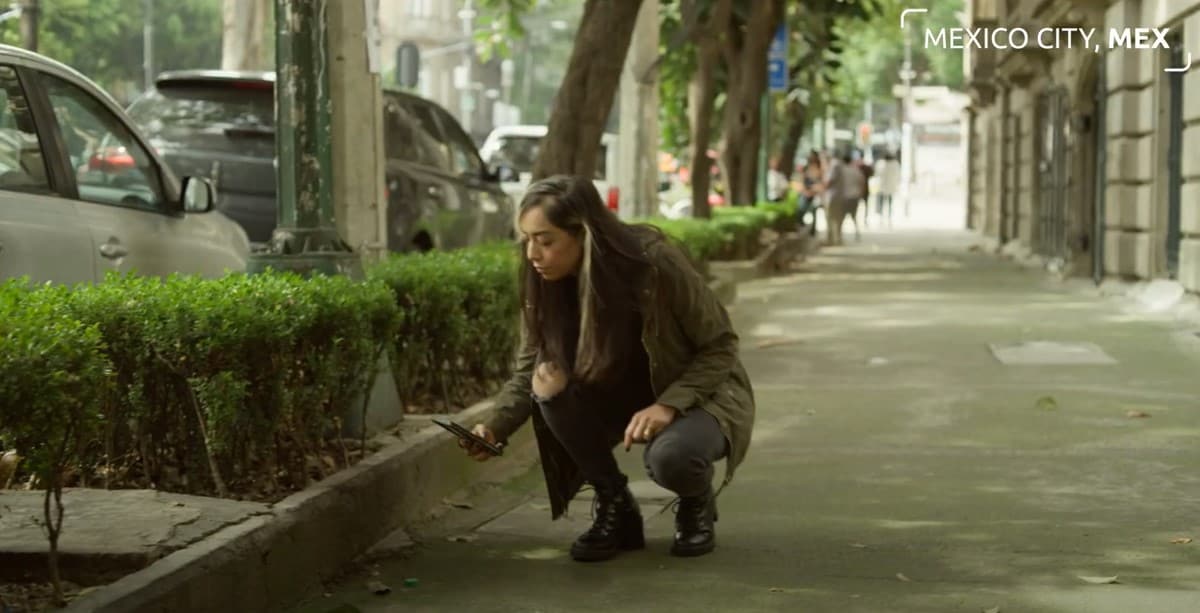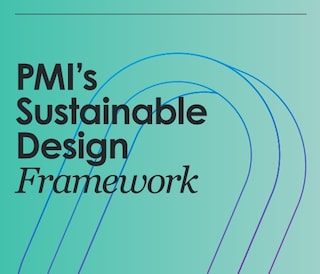
Our 2025 Roadmap goals
see our full 2025 roadmapREDUCE POST-CONSUMER WASTE
Reduce post-consumer waste and prevent littering by implementing comprehensive programs covering all our consumables.
Follow eco-design and circularity principles for all smoke-free electronic devices.
Key performance indicators to track our progress

See full performance metrics
view dataLearn more about PMI’s Sustainability Index in our Integrated Report 2021. See the full performance metrics and related footnotes here.
The right thing to do
At PMI, we believe we can, and should, play a role in reducing waste from our products and addressing the issue of littering, by helping develop and scale up innovative solutions.
Read moreThe business case
Beyond ecological considerations, inadequate post-consumer waste management and litter carries societal and financial impacts, ranging from cleanup costs to perceptions of untidiness and reduced safety in areas with high litter prevalence.
Read more
Our progress in 2021
Read more in our Integrated Report2021 performance highlights
- Active anti-littering campaigns in 46 countries
- 3,150 volunteers across 53 countries participating in World Cleanup Day
- 9 pilot programs launched to collect and manage post-consumer waste from our smoke-free consumables
This online content about our Integrated Report should be read in conjunction with PMI’s 2021 Integrated Report. The information and data presented here cover the 2021 calendar year or reflect status at December 31, 2021, worldwide, unless otherwise indicated. Where not specified, data come from PMI estimates. Please also refer to 'This report at a glance' on page 5 of the 2021 Integrated Report for more information. Aspirational targets and goals do not constitute financial projections, and achievement of future results is subject to risks, uncertainties and inaccurate assumptions, as outlined in our forward-looking and cautionary statements on page 252. In the 2021 Integrated Report and in related communications, the terms “materiality,” “material,” and similar terms, when used in the context of economic, environmental, and social topics, are defined in the referenced sustainability standards and are not meant to correspond to the concept of materiality under the U.S. securities laws and/or disclosures required by the U.S. Securities and Exchange Commission.
